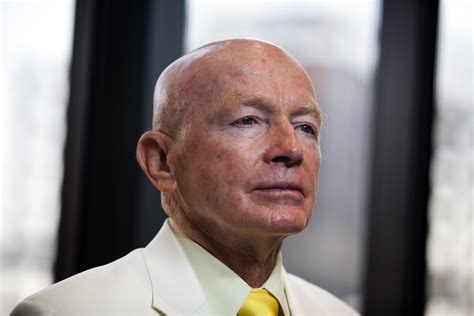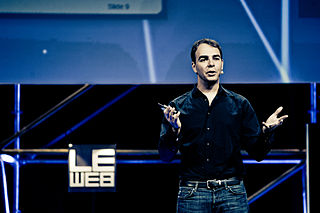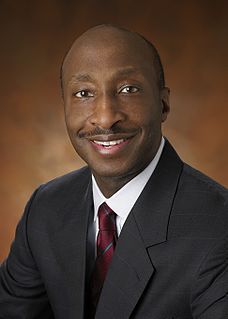A Quote by Lynn Good
I become the face of the company, and that's a responsibility.
Quote Topics
Related Quotes
Shareholder activism is not a privilege - it is a right and a responsibility. When we invest in a company, we own part of that company and we are partly responsible for how that company progresses. If we believe there is something going wrong with the company, then we, as shareholders, must become active and vocal.
Profitability, growth, and safeguards against existential risks are crucial to strengthening a company's long-term prospects. But if these three factors constitute a company's 'hard power,' firms also need 'soft power': public trust and acceptance, won by fulfilling a company's social responsibility.
It's always been my expectation to be the top guy, the face of the company, the one with all of that responsibility. But that should be everybody's goal. I didn't get into this to just be in the middle of the pack. If you want to do that, go work in a different line of work. This isn't the place to camouflage yourself.
You simply can't be tentative in a startup. You have to go for it at every chance you get. And if the leader of the organization is anxious, his or her fear pervades the organization. Everything comes from the top in a company. So if you are starting a company or building one, face your fears and move past them. It's critically important to your company.


































